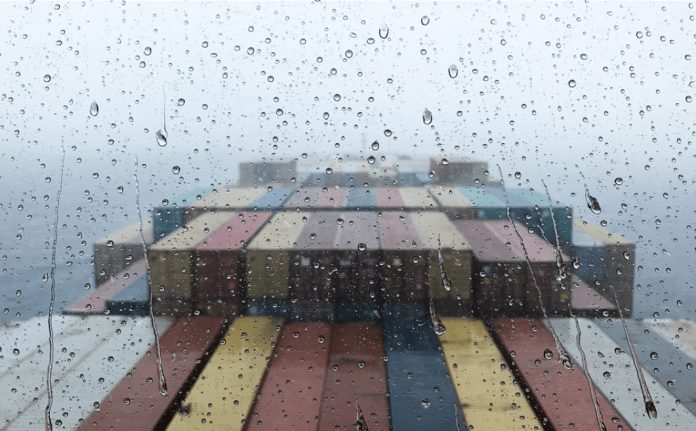The previous year was the hottest on record globally, with reinsurer Swiss Re reporting natural catastrophe losses exceeding US$100 billion for the fifth consecutive year.
According to the Financial Times, 37 extreme weather events in the prior year resulted in losses exceeding US$1 billion each. Projections indicate that insured losses could potentially double within the next decade.
In Europe, disruptions to cargo transport via waterways continued to escalate. In June, the Rhine experienced extreme weather, with torrential rain causing severe flooding in southern Germany. This disrupted cargo handling to and from Switzerland and led to substantial delays in inland traffic between the Lower and Upper Rhine.
“Climate change effects on river navigation are significant as it is highly sensitive to changes in weather patterns and long-term climate trends,” mentioned Neil Dalus from TT’s Loss Prevention Department.
“This challenge highlights the vulnerability of Europe’s inland waterway transport system, emphasizing the need for infrastructure improvements, planning for risk mitigation and workforce training to ensure operational resilience.”

At the same time, worsening drought conditions have resulted in record-low water levels on major rivers. Some vessels have been forced to operate at only 25% of their usual load capacity to avoid running aground, creating further delays. To maintain connections between industrial regions and ports, shipping lines have increasingly shifted cargo from river transport to rail.
TT’s historical data reveals a steady increase in claims related to weather-induced losses over the past decade. These include a variety of damages, such as navigational and berthing accidents, crane and port equipment collapses, container stack blowovers, and flooding of buildings and infrastructure.
Uninsured and consequential losses can also be costly reports Dalus, “As a result of operational delays reputational damage can occur. Emergency supplies and additional labour costs can accrue and increased maintenance, training and management downtime have to be factored in.”
Recognizing the rise in global temperatures and its associated risks, TT aims to enhance awareness of these growing risks and support inland waterway operators in developing effective loss-prevention strategies to mitigate the costly impacts of weather-related incidents.







